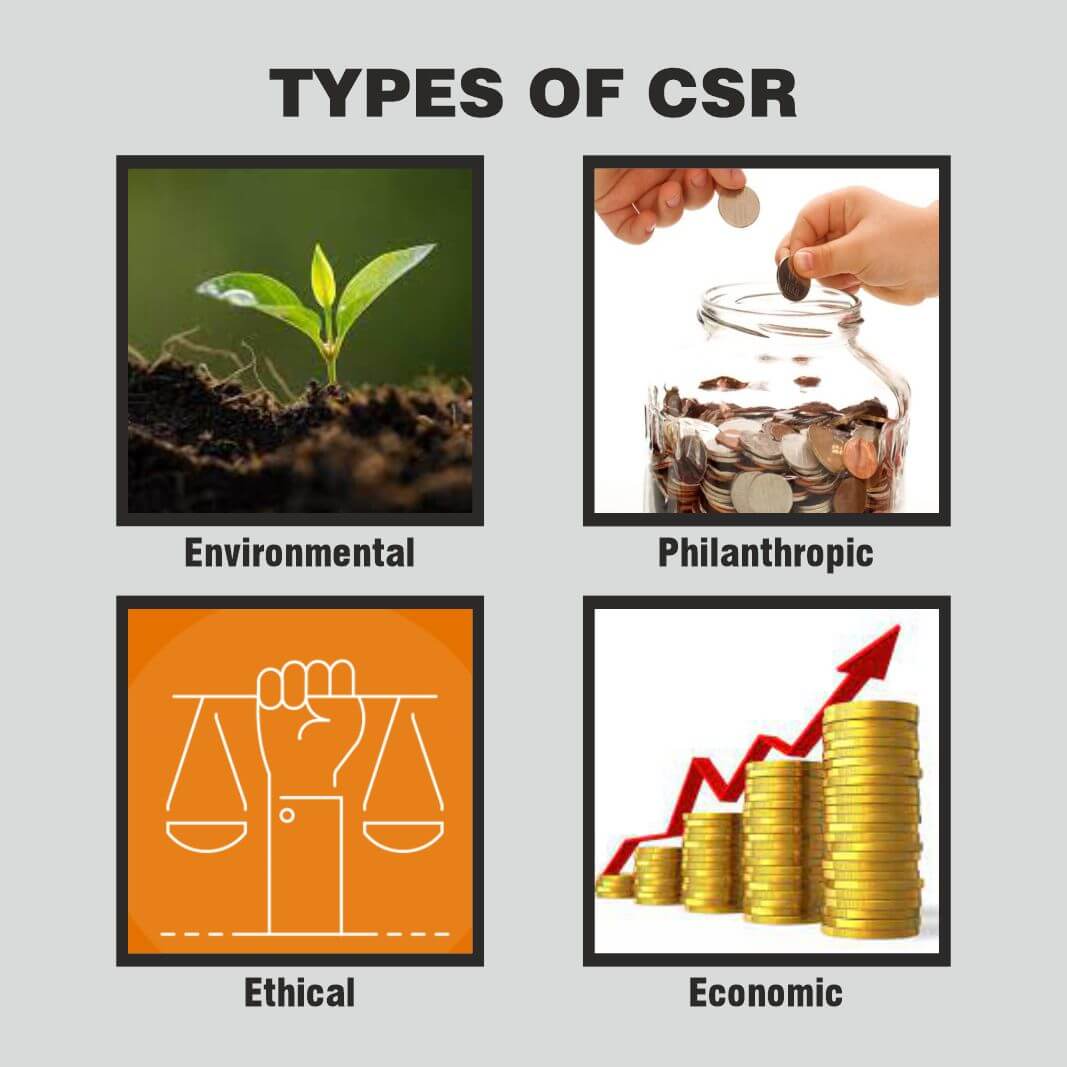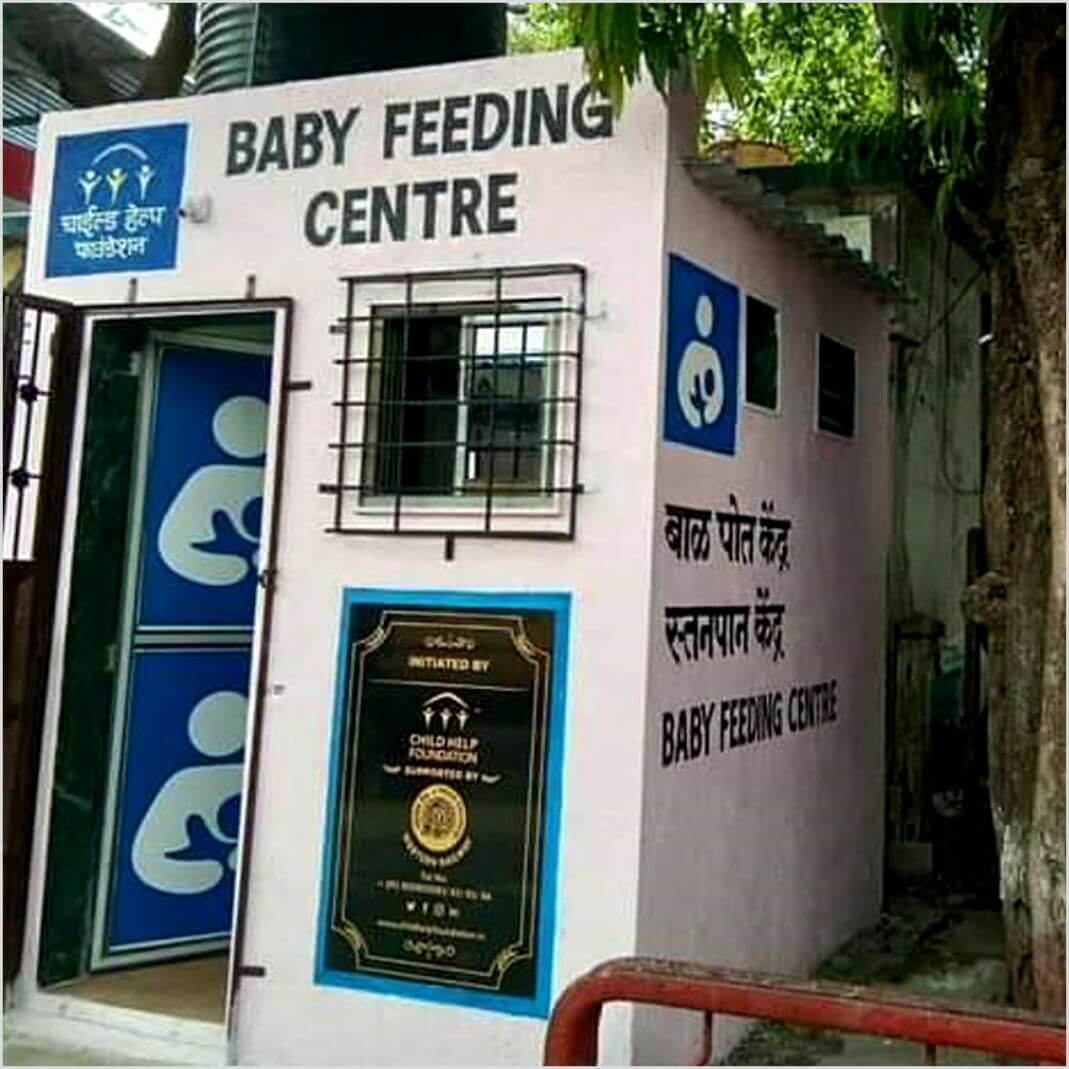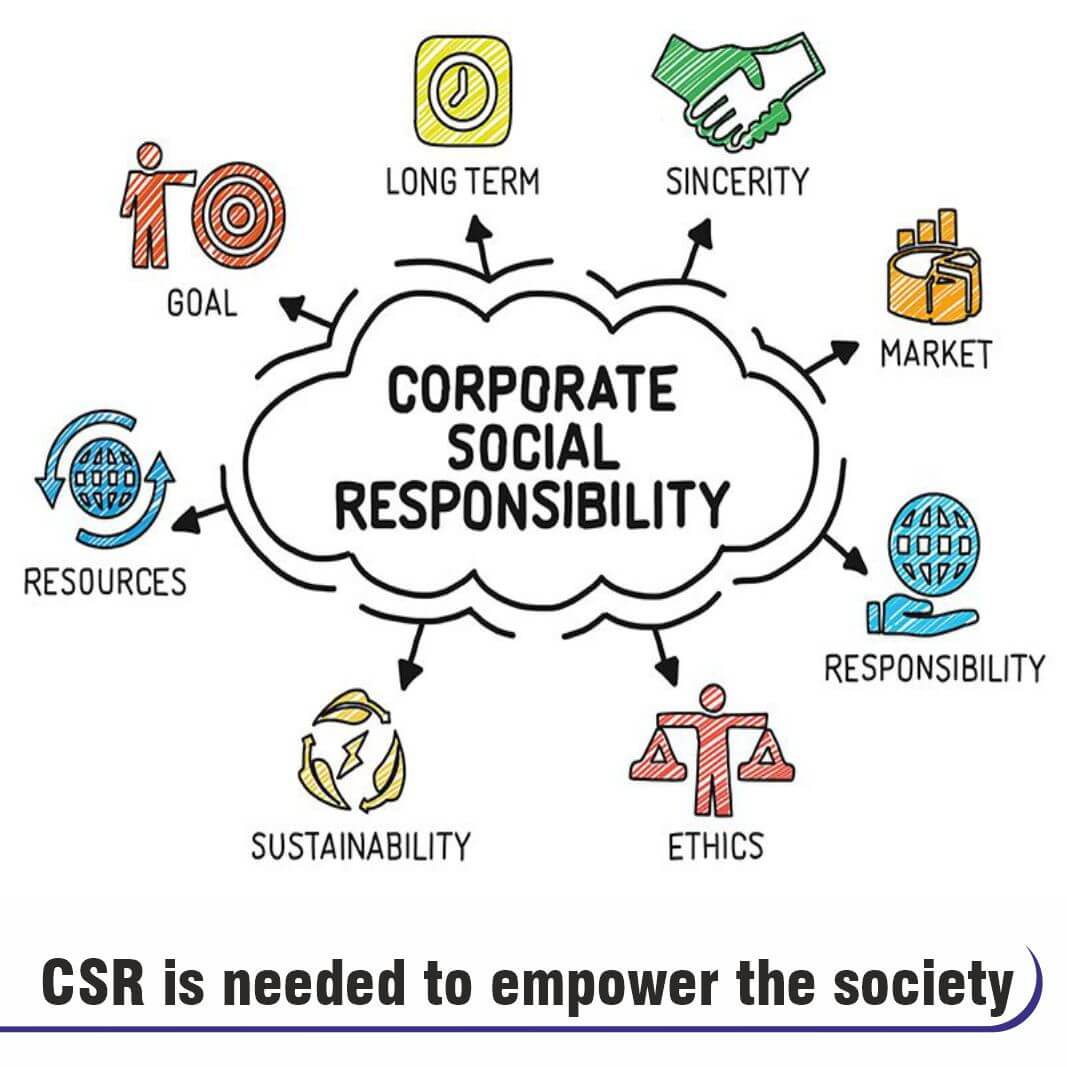What is CSR?
Corporate Social Responsibility (CSR) is a self-regulating business model that helps a company be socially accountable—to itself, its stakeholders, and the public. By practicing corporate social responsibility, also called "corporate citizenship", companies can be conscious of the kind of influence they are having on all aspects of society, including economic, social, and environmental.To engage in CSR means that a company is operating in ways that enhance society and the environment, instead of contributing negatively to them. In today's socially conscious environment, employees and customers place a bonus on working for and spending their money with businesses that prioritize CSR.
In the past few decades, many business leaders have recognized that they have a responsibility to do more than simply maximize profits for shareholders and executives. Rather, they have a social responsibility to do what’s best not just for their companies, but for people, the planet, and society at large.
Types of CSR:

Corporate social responsibility is traditionally broken into four types of CSR: Environmental, Philanthropic, Ethical, and Economic Responsibility.
1) Companies that seek to embrace environmental responsibility can do so in several ways like reducing pollution, water consumption, single-use plastics, increasing the use of sustainable materials, promoting recycling, planting trees, funding research, and donating to related causes.
CHF works towards the environment by carrying out beach clean-ups and feeding stray dogs, cats, and birds.
2) Organizations that embrace ethical responsibility aim to achieve fair treatment of all stakeholders, including leadership, investors, employees, suppliers, and customers. Firms can embrace ethical responsibility in different ways. For example, a business might set its own, higher minimum wage if the one mandated by the state or federal government doesn’t constitute a “livable wage.”
3) Philanthropic responsibility refers to a business’s aim to actively make the world and society a better place. While many firms donate to charities and nonprofits that align with their guiding missions, others donate to worthy causes that don’t directly relate to their business. Others go so far as to create their charitable trust or organization to give back. CHF’s multiple programs work towards providing good health and education to children belonging to underprivileged classes, building clean toilets for them to ensure hygiene, providing sanitary napkins to girls and women from rural areas, and providing aid and relief to victims of natural disasters.
4) Economic responsibility is the practice of a firm backing all of its financial decisions in its commitment to do good in the areas listed above. The end goal is not to simply maximize profits, but positively impact the environment, people, and society.
Purpose of CSR:
The purpose of CSR is to give back to the community, take part in philanthropic matters, and provide positive social value. Businesses are increasingly turning to CSR to make a difference and build a positive brand around their company.Previously, giving back to society was not considered as a part of any company's core values. As a result, companies were making their CSR initiatives without much planning. The corporates did not care much about the environment, engaging in philanthropy, or even governance challenges. This has now changed. India is the first country in the world to make CSR mandatory, following an amendment to the Companies Act, 2012 in April 2014.
Today, the focus is more on shared value. Organizations are acknowledging points that are directly relevant to their business model. For example, coffee businesses are addressing how local farmers are treated. Energy companies are taking up the challenge of tackling climate change.
The ultimate purpose of CSR is to maximize shared value among organizations, employees, customers, shareholders, and community members. While the precise value looks different for each of these stakeholders, the mutually beneficial nature of CSR initiatives can still be sustained. (Paul Perry, 2020)

For Tata Motors in 2018, CSR included the theory that environmental and societal consciousness go hand in hand. Their initiatives were centered on health, primary education, skill training, women empowerment, and support services for the differently-abled. The programs held local, national, and global relevance. Since COVID-19 began, many companies in India like Bajaj Finserv, DCB Bank, Indiabulls, DBS Bank India, HDFC Bank, ICICI Bank, Hero Fincorp, amongst many others have made contributions to the PM Cares Funds as a part of their CSR activities.
How to improve CSR?
A business code of ethics will sketch employee conduct on issues such as ethics, values, environment, diversity, employee respect, and customer service. Some companies may start with projects like fundraising for a cause or supporting a chosen charity that aligns with and supports their values.
There might be everyday changes that can reduce the environmental impact of your workplace, such as recycling programs, waste reduction, and energy conservation. Some companies produce broader “sustainability” reports, which encompass social, economic, and environmental activities.
A plan doesn’t work if it’s not communicated to everyone. Let the employees know what you’re planning and how they can get involved. If you’re starting a new CSR program, an incentive program can give it a little boost. Encourage healthy competition by providing employee-chosen rewards for funds raised or volunteer hours.
Use fair marketing techniques that create transparency, and reflect your company’s integrity. Avoid any advertising or communication that could be seen as manipulative to the public. Make sure that your company does what it says it does, otherwise it could risk a customer backlash.
Companies associated with CHF for their CSR Activities:

1) Aranca is a global research and advisory firm empowering decision-makers from Fortune 500 companies, financial institutions, private equity, and high potential startups with intelligence and insights to make better business decisions. Team Aranca's CSR initiatives have always been multidimensional to help the less fortunate people from the community. With their support, CHF provided warm, nutritious meals to 1000 beneficiaries under our Emergency COVID-19 Relief Program.

2) In partnership with Alkem Laboratories Ltd. and Western Railways, CHF built Baby Feeding Centers on Palghar and Boisar railway stations. New mothers usually feel uncomfortable breastfeeding their babies in public. This novel project is aimed at making their journeys more comfortable and provides them a safe environment for breastfeeding.
3) Nutanix Technologies and CHF came together to build the Centre for Excellence Program. It is an initiative that would benefit 42 school-going children from the underprivileged families of Palghar district, Maharashtra.
4) Bhima Jewellers helped CHF in supporting Children who suffered from critical, non-communicable diseases like Premature births, Cancer, Heart diseases, as well as children suffering from major burns who needed skin grafting surgeries.
Share with us in the comments below more such groundbreaking initiatives that companies have taken up in their CSR. If you know any companies looking to work towards uplifting poor children by supporting their education and/or medical treatments comment below.
